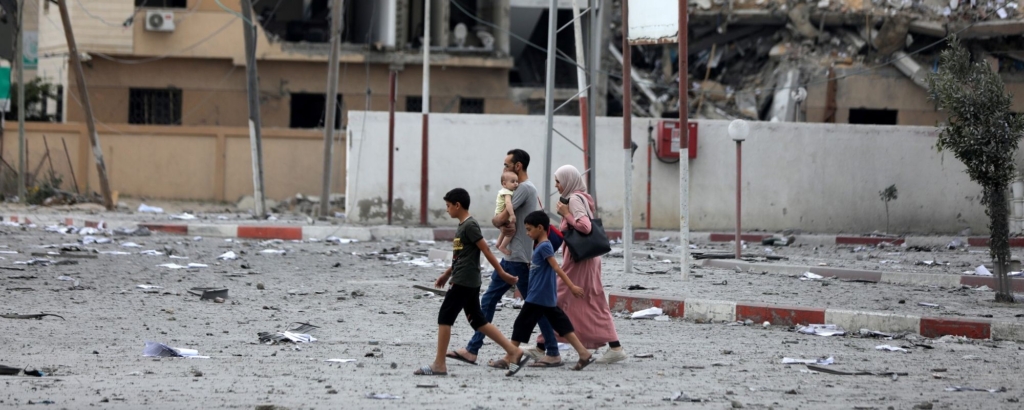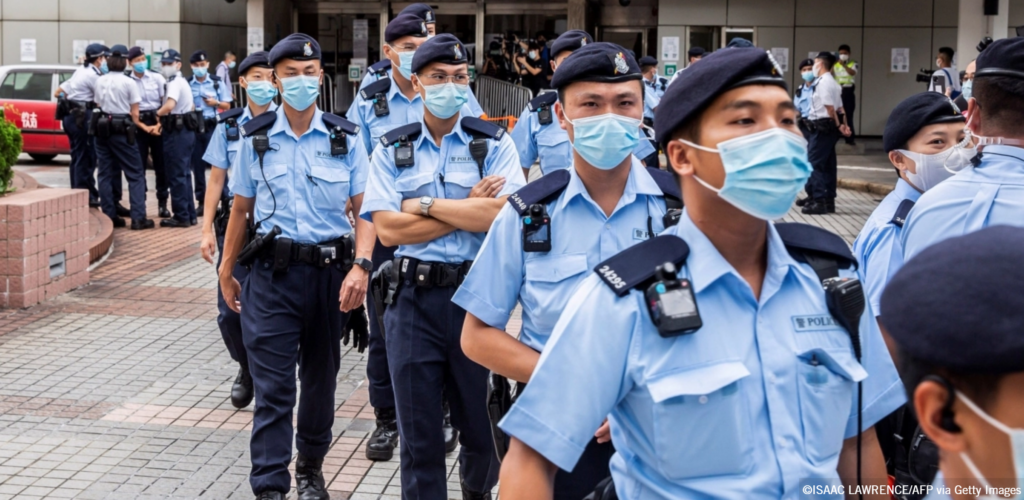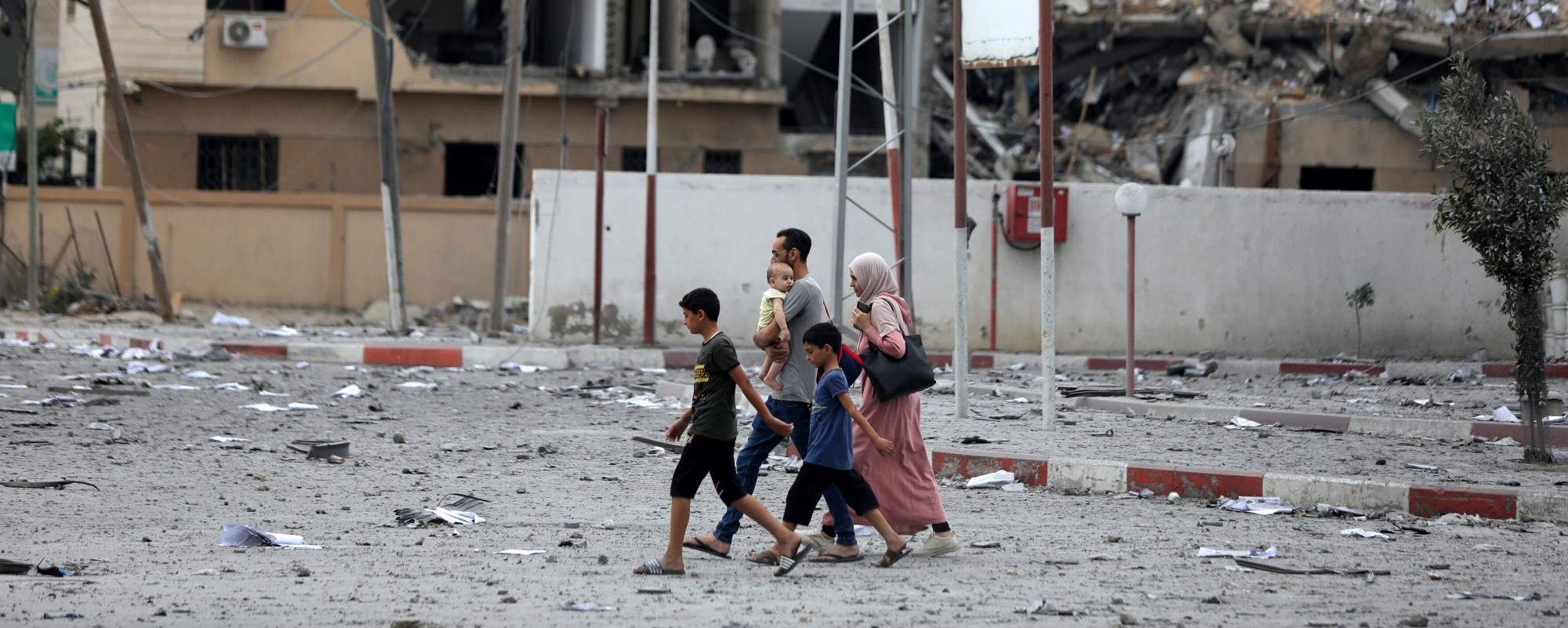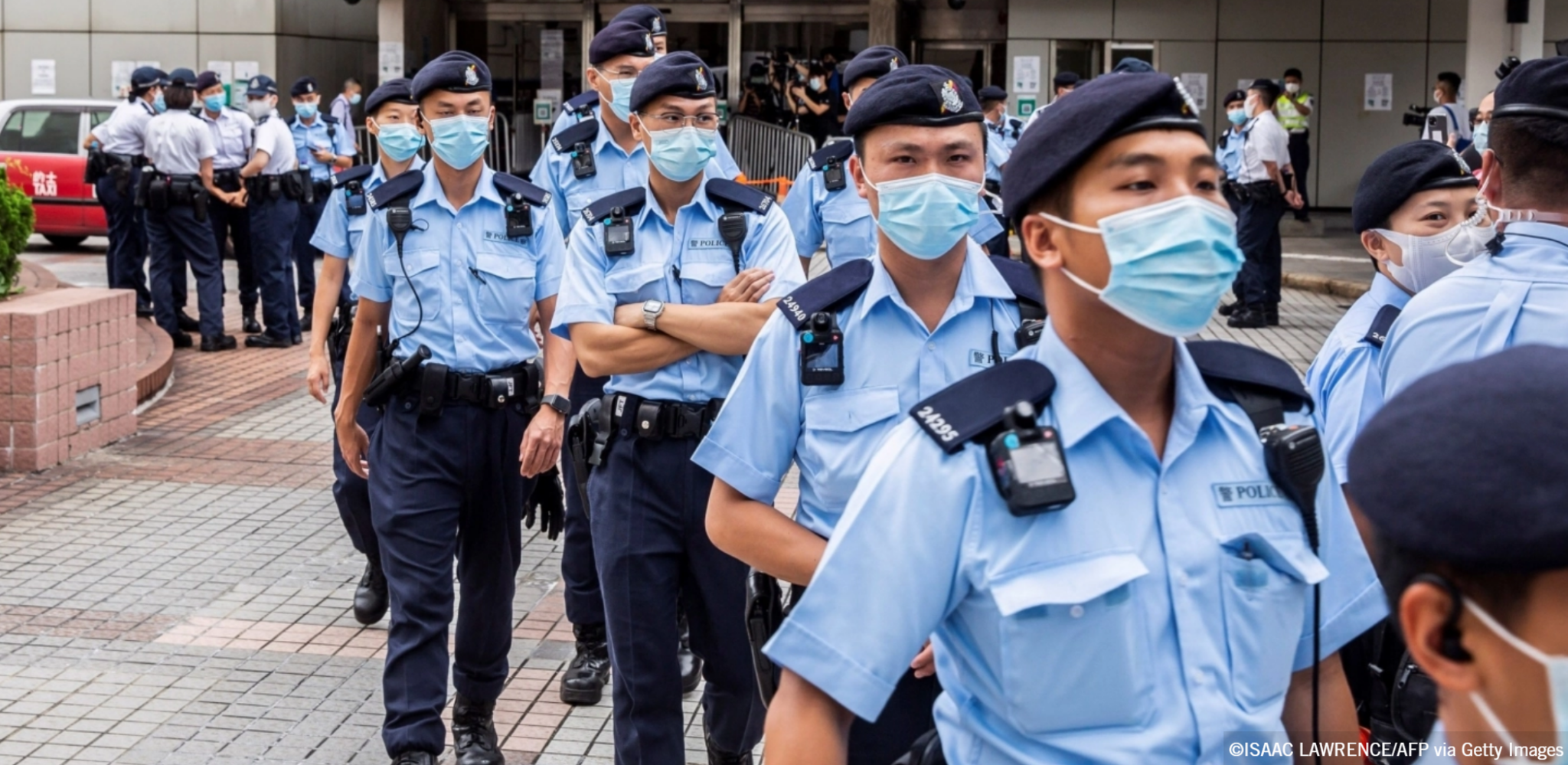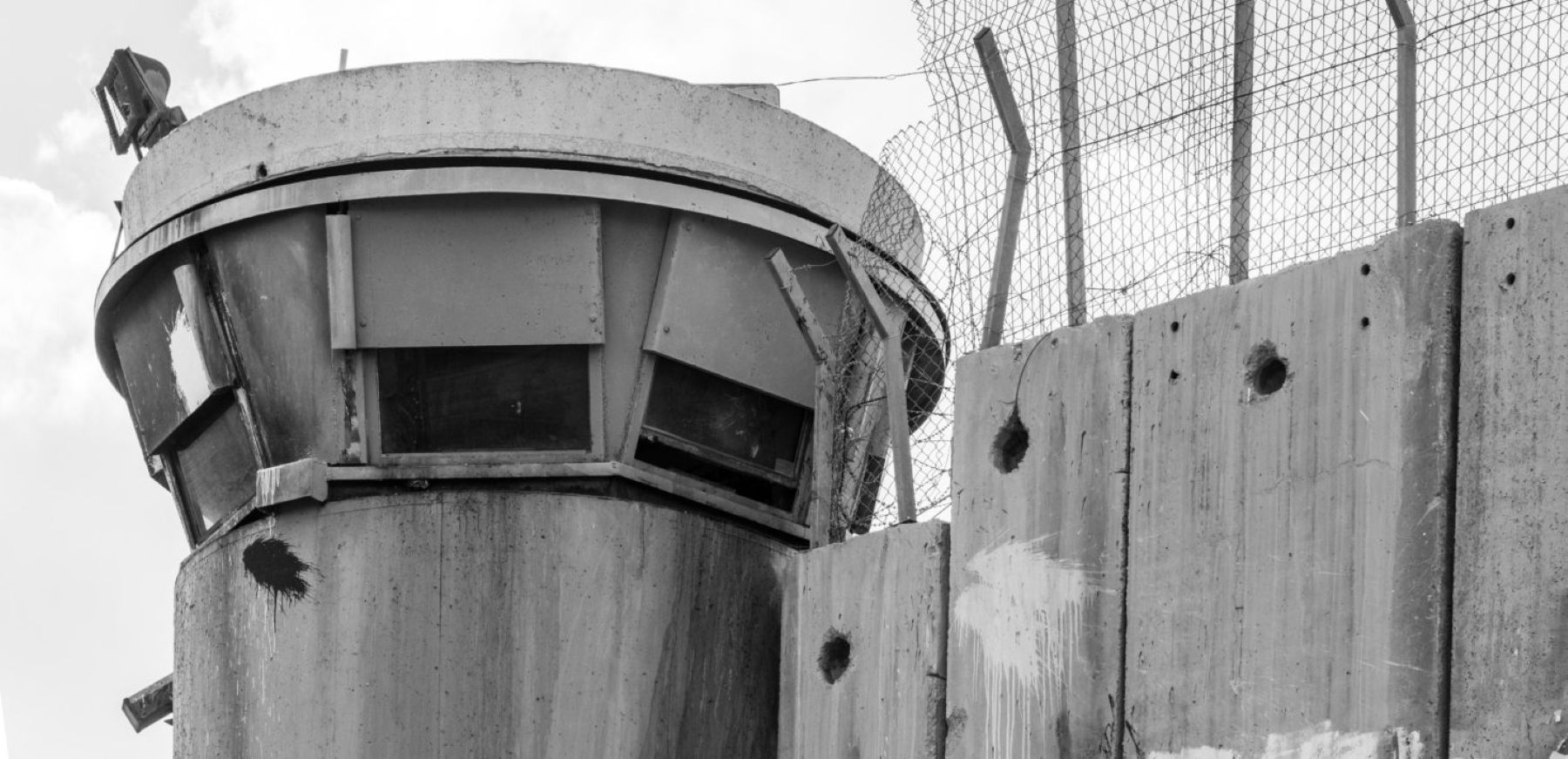The European Court of Human Rights has found that Romania and Lithuania violated the human rights of Abd al-Rahim al-Nashiri and Zayn al-Abidin Muhammad Husayn, also known as Abu Zubaydah, with their complicity in the ill-treatment of the pair while they were held in US secret detention facilities in the two countries.
The judgments are a key milestone in holding European governments accountable for their involvement in illegal CIA activities in the aftermath of the 11 September 2001 attacks.
“The US could not have operated the rendition and secret detention programme without its European allies. Today’s landmark rulings break the conspiracy of silence that has surrounded the presence of these secret sites in Lithuania and Romania, and publicly underlines European governments’ widespread complicity,” said Julia Hall, Amnesty International’s expert on counter-terrorism and human rights.
“The rulings are an important milestone of accountability for victims of these flagrantly illegal practices.”
Al-Nashiri and Abu Zubaydah, currently in the US Guantánamo Bay detention facility, were subjected to enforced disappearance and torture as part of the rendition programme.
The European Court held that both governments are responsible for the men’s unlawful detention and ill-treatment in CIA ‘black sites’.
A December 2014 report by the US Senate Select Committee on Intelligence included details of al-Nashiri and Abu Zubaydah’s torture, but the names of the countries where people were held in secret sites were redacted. Courts in the USA have declined to hear cases related to the CIA operations deferring to US government claims that information about the sites should be protected as “state secrets”. There has been virtually no accountability for such abuses in the US.
“These rulings are a further step towards establishing the truth about European complicity in renditions and secret detentions, and holding European states accountable for their involvement. But the Lithuanian and Romanian governments were not alone. Many other European governments colluded with the US to illegally transfer, ‘disappear’ and torture people during rendition operations and must also be held accountable,” said Róisín Pillay, Director of the International Council of Jurists’ (ICJ’s) Europe and Central Asia Programme.
Amnesty International and ICJ intervened in both proceedings (see Al-Nashiri and Abu Zubaydah). The organizations submitted evidence, context and expert opinion in light of precedents within the court and elsewhere.
On 13 March 2018, at the US naval base in Guantánamo Bay, Abd al-Rahim al-Nashiri began his 800th week in US custody. Abu Zubaydah is also imprisoned there, but has not been charged with any crime. Amnesty International and ICJ have repeatedly called for the closure of the facility and the fair trial or release of those detained.
The judgments follow previous rulings against Poland, Italy, and the former Yugoslav Republic of Macedonia for their roles in the illegal rendition, torture, including waterboarding and mock execution, and enforced disappearance of alleged suspects at the hands of the CIA.
The Judgment
Based on numerous expert opinions and a 2014 US Senate Select Committee on Intelligence report on the CIA programme, the Court identified detention facilities “Detention Site Black” in Romania and “Detention Site Violet” in Lithuania. In addition to the complicity in their unlawful detention and ill-treatment while detained in their respective countries, the Court held that both governments violated the prohibition on non-refoulement, which obliges states not to return anyone to a territory where they would be at risk of persecution or other serious human rights violations, by allowing the men’s unlawful rendition to other countries.
It found that Romania had violated its human rights obligations by assisting Al-Nashiri’s transfer out of Romania, despite the risk that he would face a flagrant denial of justice upon prosecution in a US Military Commission trial at Guantanamo Bay. It also found that Romania violated Al-Nashiri’s right to life by facilitating his transfer despite the substantial and foreseeable risk that he would be facing the death penalty. In both cases, the court held that neither state satisfied their obligation to carry out an effective investigation.
Background
Amnesty International and ICJ have previously intervened in other similar European Court cases, including the claims brought by Al-Nashiri and Abu Zubaydah against Poland, which resulted in a July 2014 judgment against Poland for its involvement in the men’s torture and enforced disappearance at a CIA ‘black site’ there. Although Poland has paid compensation to the men, it has failed to provide other forms of redress as required by the European Court judgment, including conducting a full and effective investigation, holding those responsible for the men’s treatment to account, and issuing an apology.
On 13 December 2012 the European Court of Human Rights held that the former Yugoslav Republic of Macedonia’s government was responsible for the unlawful detention, enforced disappearance and torture of German national Khaled El-Masri. That was the first time a European state had been held accountable for its involvement in the CIA operations. The country has also paid compensation and issued an apology to Khaled El-Masri, but has not conducted a full and effective investigation.
On 23 February 2016, the European Court of Human Rights ruled against Italy for its complicity in the CIA rendition of Osama Mustafa Nasr, also known as Abu Omar, to Egypt in 2003 and for the lack of accountability for the actions of the Italian authorities in the operation.
Prosecutions and trials had been initiated against both US and Italian officials, but the main Italian defendants were acquitted after the Italian government invoked the “state secrets” doctrine. Although Italy has paid compensation to the victims as required, and no further proceedings have been taken, Italy continues to invoke state secrets to avoid accountability. Some of the convicted US agents have been pardoned or have had their sentences reduced by the Italian President of the Republic.
Amnesty International has called for investigations into and accountability for similar allegations in a number of European countries, including Finland, Germany, Ireland, Sweden and United Kingdom.
The case of Abu Zubaydah v Lithuania was brought by Interrights and the representation before the European Court of Human Rights was carried out by Human Rights in Practice. The case of Al-Nashiri v Romania was brought to the Court with representation provided by the Open Society Justice Initiative.
************************************
For more information please contact Elizabeth Berton-Hunter, Media Relations 416-363-9933 ext 332 bberton-hunter@amnesty.ca
